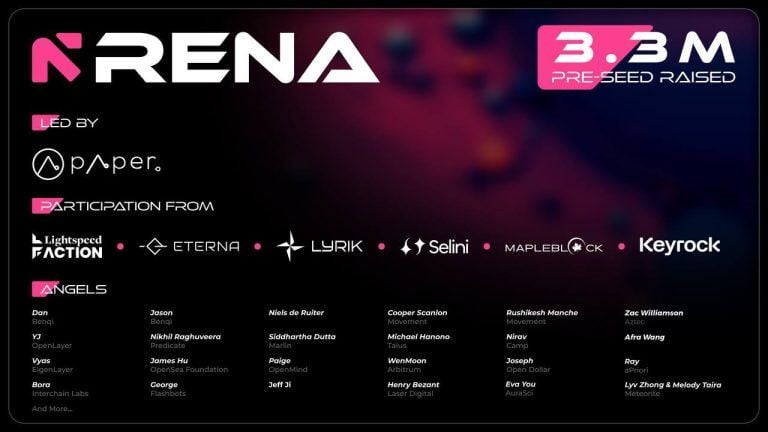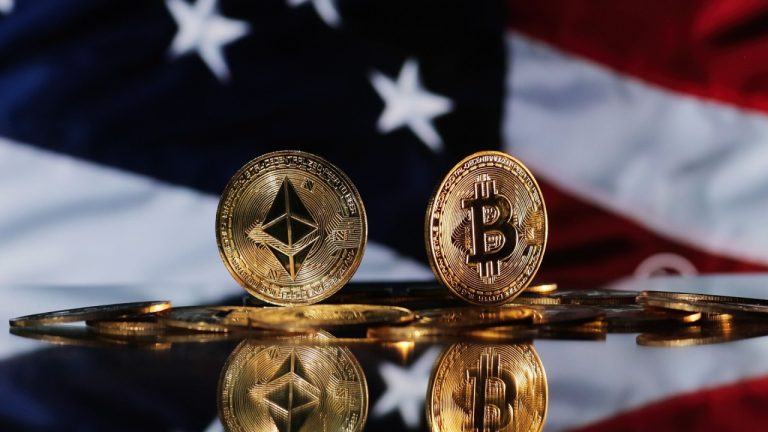
UNI tokens delegation was a ‘misunderstood situation,’ according to Binance’s CZ

CZ replied to users on Twitter about Binance’s becoming the second-largest voting entity in the Uniswap DAO.
The millions of UNI (UNI) tokens delegated by Binance were a “misunderstood situation,” said Binance CEO Changpeng “CZ” Zhao in a Twitter post, in response to questions about 13.2 million UNI tokens delegated on Oct. 18 that made Binance the second-largest entity by voting power in the Uniswap DAO.
According to CZ, a UNI transfer between internal wallets caused the automatic delegation. He denie allegations about the crypto exchange using users’ tokens to vote.
UNI transferred between internal Binance wallets, causing the UNI to be automatically delegated. This is part of their protocol, not “we intended”. Binance don’t vote with user’s tokens. Uniswap misunderstood the situation. Tokens come to popular platforms. #Binance https://t.co/KYPqFx5GrW
— CZ Binance (@cz_binance) October 20, 2022
In a statement to Cointelegraph, Binance stated:
“Binance doesn’t vote with user’s tokens. In this case, there has been a misunderstanding of what has happened during the transfer of a large balance of UNI (around 4.6M) between wallets. We’re currently in discussions to improve the process to prevent any further misunderstandings happening again.”
On Oct. 19, Hayden Adams, Uniswap’s CEO, stated that it was unclear how Binance intended to engage with Uniswap decisions and demanded explanations about the case, which he classified as a “very unique situation, as the UNI technically belongs to its users.”
Yesterday @binance delegated 13M UNI from its books, making it one of the largest UNI delegates (this is only 1.3% of current delegated UNI so governance voting power remains quite distributed)
Very unique situation, as the UNI technically belongs to its users. pic.twitter.com/bwsVb1IwKR
— hayden.eth (@haydenzadams) October 19, 2022
Tokens delegated in the transaction represented 5.9% of the voting power in the governance forum, positioning Binance’s voting power behind the venture firm Andreessen Horowitz, according to the on-chain list of delegates.
The amount delegated represented 1.3% of the total supply of UNI — a percentage that allows Binance to propose governance votes, as the threshold is settled at 0.25%. The exchange won’t be able to pass votes on its own, however, due to a 4% quorum requirement.
Earlier this month, Uniswap disclosed a $165 million Series B funding round led by Polychain Capital with additional existing investors to expand its existing product offerings and improve user experience. The company also intends to launch nonfungible tokens (NFTs) projects in the future.
The decentralized exchange became prominent during the DeFi hype in 2020. The cumulative trade volume of Uniswap surpassed $100 billion for the first time in February 2021.
Go to Source
Author: Ana Paula Pereira









